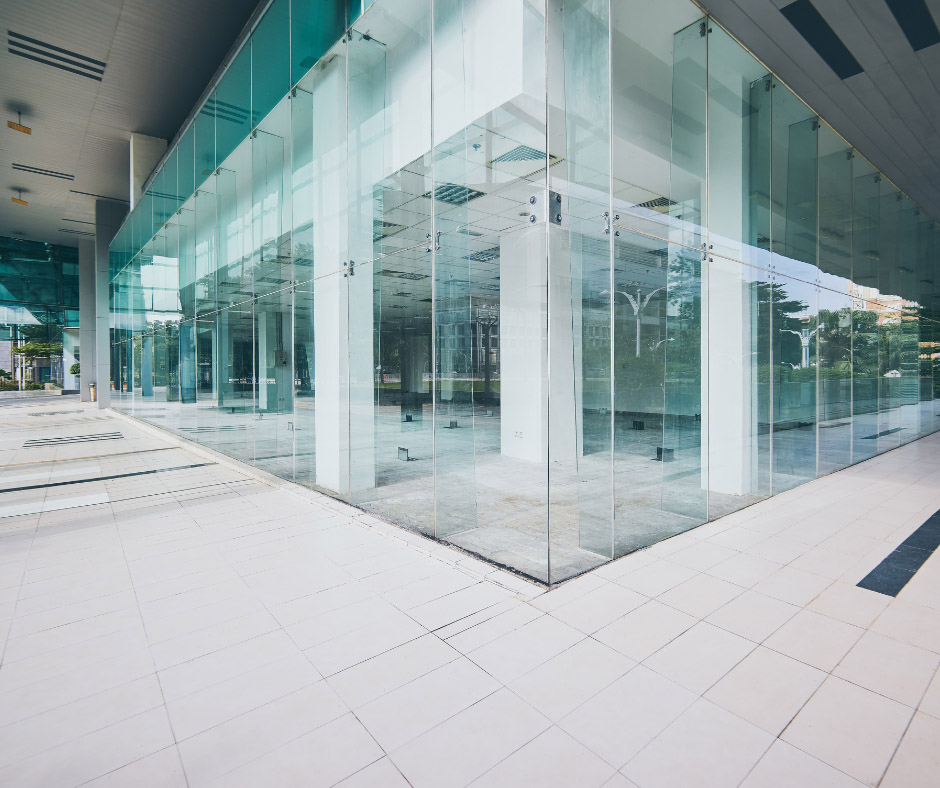
What Is Commercial Property Insurance?
Commercial property insurance is used to cover any commercial property. Commercial property insurance protects commercial property from such perils as fire, theft, and natural disaster. A variety of businesses, including manufacturers, retailers, service-oriented businesses, and not-for-profit organizations carry commercial property insurance. It is generally bundled together with other forms of insurance, such as commercial general liability insurance.
Understanding Commercial Property Insurance
Commercial property insurance can be a major expense for businesses that use equipment worth millions or billions of dollars, such as railroads and manufacturers. This insurance essentially provides the same kind of protection as property insurance for consumers. However, businesses can usually deduct the cost of commercial property insurance premiums as expenses. Commercial property insurance generally does not cover losses arising from tenants using the building.
When determining how much a company should pay for commercial property insurance, the value of a business’ assets, including the building, is the primary factor. Before meeting with an agent to discuss coverage, a company should take an inventory of their physical assets located at their property. This information will help determine what exactly would be the replacement value and the level of coverage the business should get.
With an increase in the number of natural disasters, weather conditions in the area where the building is located have also become an important factor in determining the cost of commercial property insurance. Commercial insurance rates are generally higher for properties located in the vicinity or inside geographies with significant risk of weather-related catastrophes. For example, rates are higher for properties located near regions prone to wildfires in California.
Factors Considered in a Commercial Property Insurance
- Location: Buildings in cities or towns with excellent fire protection typically cost less to insure than buildings outside a city or in areas with limited fire protection.
- Construction: Buildings made of potentially combustible materials will have higher premiums, while those made of fire-resistant materials could earn a discount. Additions to an existing structure might affect a fire rating, so it’s a good idea to talk to an agent or insurance company before remodeling. Internal structural elements can also change a fire rating. Using wood partitions, floors, and stairways in an otherwise fire-resistant building will likely nullify any rate reduction. Fire-resistant interior walls, floors, and doors can help maintain a good fire rating.
- Occupancy: A building’s use also affects its fire rating. An office building will likely rate better than a restaurant or auto repair shop. In a building with multiple tenants, one hazardous occupant will negatively affect the fire rating of the entire building. If a business is in a building with a more hazardous tenant, premiums will be higher.
- Fire and theft protection: How far are the nearest fire hydrant and fire station? Does the business have a fire alarm and sprinkler system? How about a security system?
Property to Consider for Commercial Property Insurance
Some particular places on your property to consider insuring include:
- The building that houses your business, including if it is owned or rented
- All office equipment, including computers, phone systems, and furniture, whether they’re owned or leased
- Accounting records and essential company documents
- Manufacturing or processing equipment
- Inventory kept in stock
- Fence and landscaping
- Signs and satellite dishes
Examples of Commercial Property Insurance
Commercial property insurance can be used to cover a variety of situations. For example, it can be used to claim damages if a fire destroys your office equipment. Commercial property insurance is also useful in case of a theft. It can also be used to make claims in case of a natural disaster.
Source: https://www.investopedia.com/terms/c/commercial-property-insurance.asp
